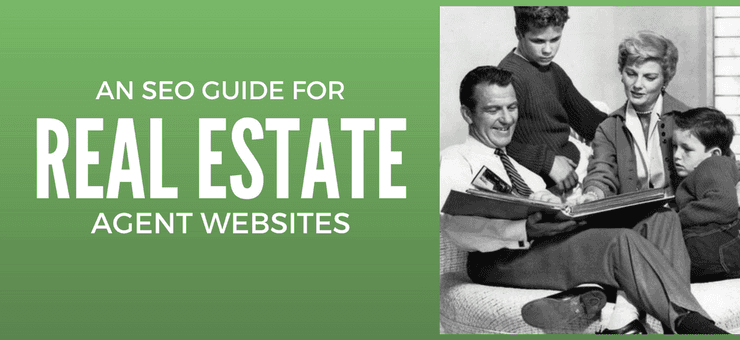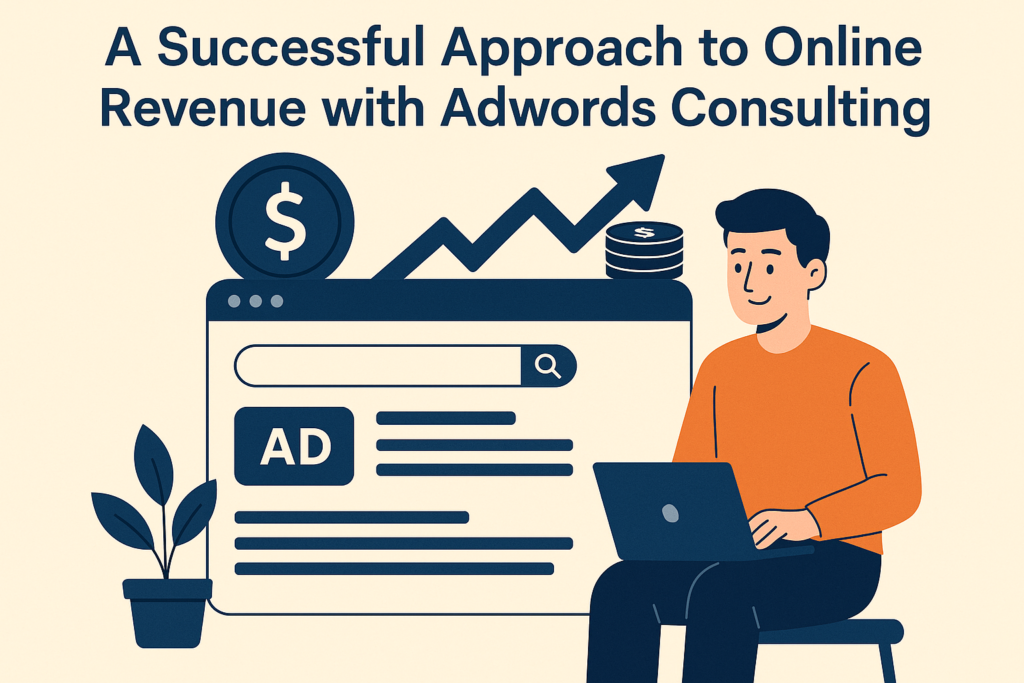
Marketing yourself as a real estate agent can be a difficult and time consuming task. The costs of paying for billboard ads, bench ads and newspaper ads is expensive, and you can’t be certain whether your hard-earned money is going to bring in many good leads being spent on traditional advertising. If you want to spend your marketing dollars wisely, you should invest in a strong web presence, which includes a website and search engine optimization.
Search engine optimization may sound foreign to a lot of people, but it is not too difficult to get the basics down. If you are a real estate agent then having a website with strong SEO will be a huge way to bring in new leads. This article has been created with the help of an SEO services company and is dedicated to helping real estate agents obtain strong website SEO and rank high on Google for lead-generating keywords. Once you’re done this article you’ll have a much better understanding of how to get tons of new business in a matter of months.
Here’s how to optimize your real estate website:
1. On-page optimization
This should be one of the first things done after conducting an SEO audit on your website. On-page optimization contains a wide-range of tasks that you should do to your website that will increase its overall ranking in Google. In order to properly conduct on-page optimization of your real estate website you will need to know which keywords to focus on. Typically, as a real estate agent you will want to rank for the big keywords like: ‘[city] real estate agent/s’ and ‘real estate agent/s [city]’ as well as ‘[city] realtor/s’ and ‘realtor/s [city]’.
In order to rank for these keywords you will need to include them naturally in your page titles, H1-H6 tags, in alt text for images, in body text, and in URLs. If you are a real estate agent trying to rank for one specific city, your home page should be the page that is most optimized for the big keywords since it typically has the highest SEO authority.
Ensure you have a lot of informative copy on your homepage where you use the keywords you researched (with a max of 5-7 keywords on homepage). Try to keep the word count of the page over 500 words so it isn’t considered thin content by Google. The more reasons to add copy to your website the better. Also, add a few facts about your city of business on your homepage to help search engines understand you are from that city.
2. Have a compelling ‘About’ page
There are a couple of good reasons why a real estate agent should have an excellent ‘About’ page on their website.
First, as Google gets smarter it’s looking to de-rank poor websites that don’t stand out as unique in any way. Your website’s ‘About’ page is your chance to prove your credentials, talk about who you are and why you aren’t the same as everyone else. Google has stated that they love brands, so use the ‘About’ page to brand yourself. Some SEOs have reported increased rankings from a lengthy and compelling ‘About’ pages in recent months as Google updates its algorithm.
The second and most important reason that you should have a great ‘About’ page is that when people arrive to your website and want to learn more about why they should trust you to sell their home, they will check out your ‘About’ page. If you aren’t telling your story and explaining why you should be given the trust to buy or sell a home for the visitor then they will leave and look for another Realtor.
If people bounce from your ‘About’ page instead of clicking through to contact you then it is disadvantageous to your overall website SEO.
3. Mobile optimized
Nowadays it is more important than ever to have a website that is optimized for mobile devices. Over 48% of real estate searches come from mobile devices, which means if your website isn’t fully responsive for phones then you are losing out on half your potential leads.
In order to be mobile optimized there are a few things you need to do. First, you must ensure that your website looks good and functions well on phones and tablets. Go through every page and make sure every page passes your quality and functionality test.
Next, be sure that your site is easy to navigate and provides a good user experience. If someone wants to reach a specific page on your website you should make it as easy as possible to do that. Your website should be designed as a funnel that takes people on the optimal path to contacting you. For the most part, if you aren’t listing homes directly on your website then you should try to funnel users to your About page to learn more about you, and then to your contact page where they can fill out a form or call you.
Finally, check that your website loads fast on mobile. If your site takes more than 3 seconds to load then you are going to lose a large chunk of users. People aren’t patient with websites loading – they will leave to find another one from the search results if your site is slow. To speed up your site you should run it through GTMetrix to learn all things you need to correct. This can include caching resources, shrinking images, moving scripts to the footer, and more.
After you’ve done these things, use Google’s Mobile Friendly Test to see if everything is good with your site. That way you know you are providing a good user experience for your visitors.
4. Google My Business
A Google My Business account is a must for Realtors trying to rank in local search results. If you want to show up in the Google Business 3-pack then you will need to have a Google My Business profile fully filled out. It is crucial that you get some 5-star reviews on your profile as well, as this increases both your local keyword rankings and your chance of appearing in the Google 3-Pack.
Another benefit of GMB is that even if people don’t visit your website they may still call you directly from your Google My Business profile when they see your good reviews. The more avenues for leads the better.
5. Directories
Sign up for as many directories as you can, but make sure you get on the big ones first like Yelp, 411, and Yellowpages. You’ll also want to get on the big real estate agent websites like Zillow, Trulia and FIveWalls. Hint: search for ‘real estate agent directories’ and find some suitable directories that way.
6. Backlinks
A very important step to ranking on the first page of Google for your big keywords is to get links from other websites pointing back to yours. Contact any friends you know who have blogs or websites where it could be relevant to provide a link to your website. Also, do a Google search of your name and look for any websites mentioning you without a link. Contact the site owner and ask politely if they could include a link to your website.
Also Read – How to Get Backlinks – 32 Link Building Strategies For Small Businesses
After getting the low-hanging fruit, try to do some guest blogs for other real estate websites or interview some local real estate agents and create an article from it. Agents will be glad to link to your website if they are featured on it (and you aren’t a main competitor). You can also find good potential backlinks by using some research tools like Ahrefs to find out who is linking to your competitor’s websites and aim to get a link from them.
Find out here – Latest Guest Posting Sites
If you take all of these tips into consideration for your real estate website I am confident you will see results. SEO does take months to have a real effect so be patient and aim to have your website as optimized as possible. Just remember to build a lot of good links to your website and get reviews on your Google Business profile, Yelp profile, and Facebook business page. The leads will be pouring in in no time!

